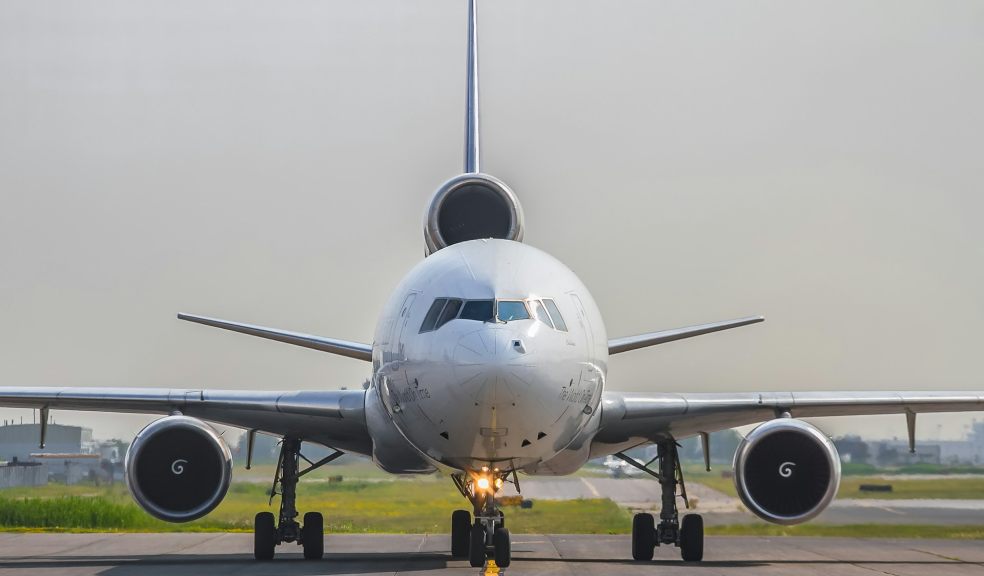
A Guide to Air Freight and Its Impact on Global Logistics
Air freight plays a critical role in the global supply chain, enabling the rapid transportation of goods across continents. As the demand for faster shipping grows, businesses are increasingly turning to air cargo services to maintain efficiency and meet customer expectations. From time-sensitive deliveries to high-value shipments, air freight offers a reliable solution that keeps global commerce moving.
What Is Air Freight?
Air freight refers to the transportation of goods via aircraft, typically commercial or charter planes. This method is favoured for its speed, making it ideal for products that are perishable, urgent, or high-value. Unlike ocean or ground shipping, air freight can drastically reduce transit times, sometimes getting products from one side of the globe to the other within 24 to 48 hours.
Cargo is generally transported in the belly of passenger aircraft or in dedicated cargo planes. Major air freight hubs like Frankfurt, Hong Kong, and Memphis serve as central nodes in a complex web of international trade.
The Advantages of Air Freight
The most obvious advantage of air freight is speed. For industries like pharmaceuticals, electronics, or fashion, quick delivery can be crucial. Here are a few benefits that make air freight indispensable:
- Fast Transit Times: Air freight is the fastest mode of transport, especially for long-distance international shipping.
- Global Reach: Air cargo networks span the globe, providing access to remote or landlocked regions.
- Reduced Inventory Costs: With faster delivery, businesses can operate with leaner inventories, reducing storage needs.
- Security: Airports have stringent safety and security protocols, reducing the risk of theft and damage.
Challenges of Air Freight
Despite its many benefits, air freight also presents several challenges. The cost is significantly higher than sea or road transport, making it less economical for heavy or bulk shipments. Additionally, capacity can be limited, especially during peak seasons or global disruptions like pandemics.
Environmental concerns are also a growing issue. Airplanes emit more CO₂ per ton-mile compared to ships or trucks, prompting logistics companies to explore more sustainable alternatives or offset programs.
The Role of Air Freight in Global Logistics
Air freight is a vital part of modern supply chains, complementing other forms of transportation in a multimodal logistics strategy. Its role becomes especially prominent in:
- Just-in-Time (JIT) Manufacturing: By delivering components quickly, air freight supports JIT systems where production schedules depend on timely inputs.
- Disaster Relief and Emergency Aid: When time is of the essence, such as in natural disasters, air freight enables the rapid deployment of essential supplies.
- E-Commerce Growth: With consumers expecting two-day or even same-day delivery, air cargo supports the backbone of global e-commerce fulfilment.
Air freight integrates with warehouses, customs clearance services, and last-mile delivery providers to form a streamlined logistics process. Companies that utilize this service effectively can stay agile and responsive in an ever-changing marketplace.
Choosing the Right Air Freight Partner
Given the complexities involved in international air shipping, choosing a knowledgeable and experienced logistics provider is essential. From navigating customs regulations to managing documentation and ensuring timely delivery, the right partner can make a significant difference.
One example of a logistics company excelling in this space is Future Forwarding. With decades of experience and a global network, they help businesses of all sizes streamline their air freight operations with precision and care.
The Future of Air Freight
Air freight remains a powerful tool in the world of global logistics. Its ability to quickly move goods across vast distances makes it indispensable for many industries. While it may come with higher costs and environmental concerns, its benefits, particularly in speed, reliability, and access, make it a key component of a balanced and efficient supply chain strategy. As the world becomes more connected and commerce becomes more immediate, air freight will continue to be a driving force in shaping the future of logistics.













